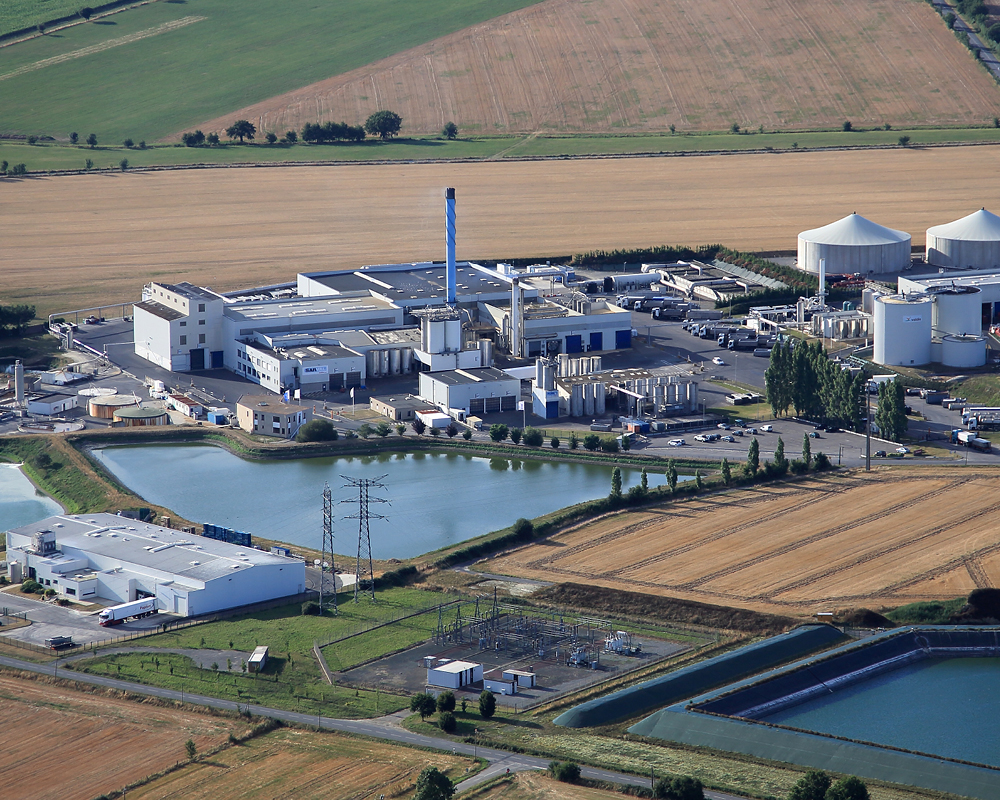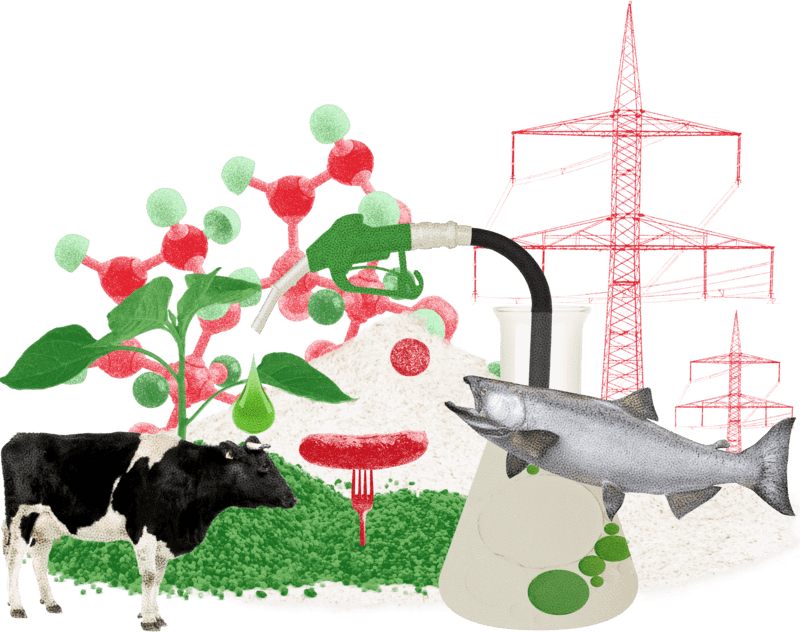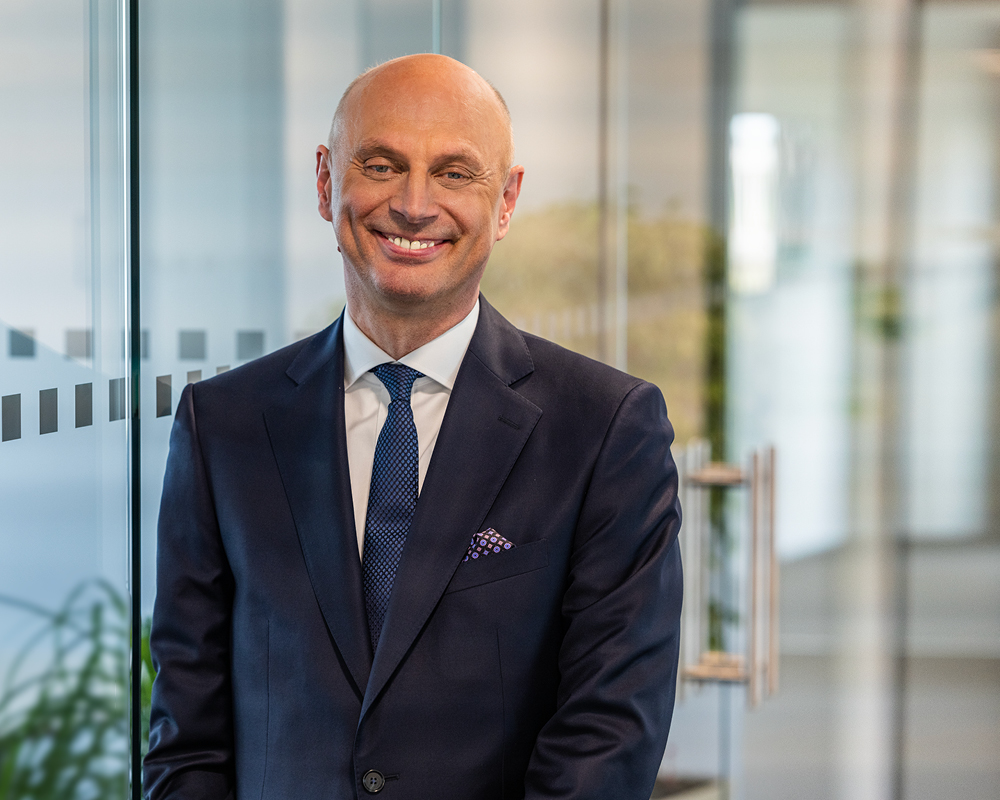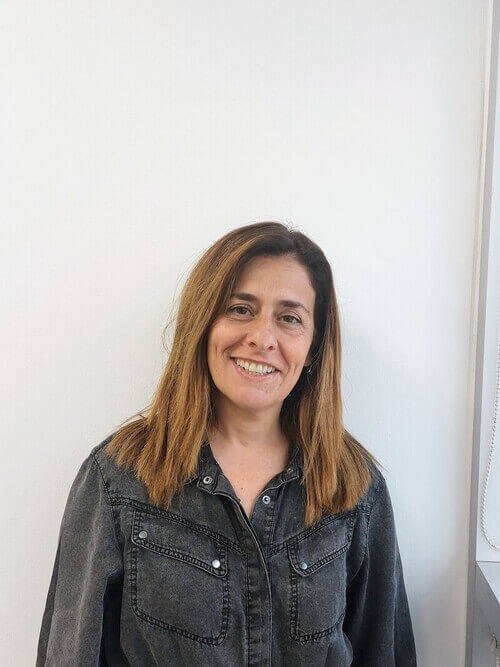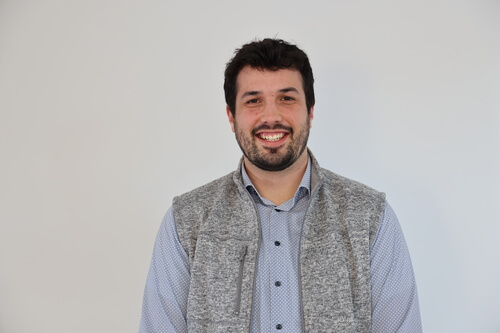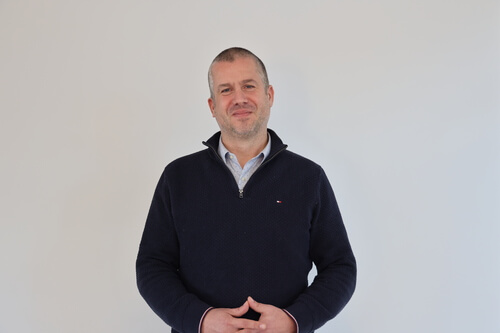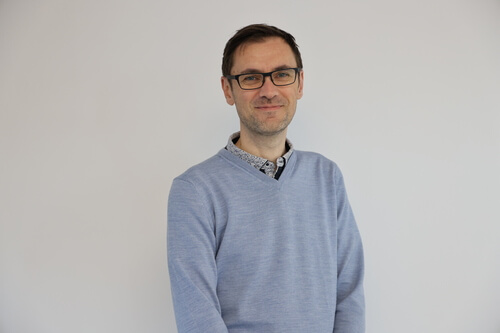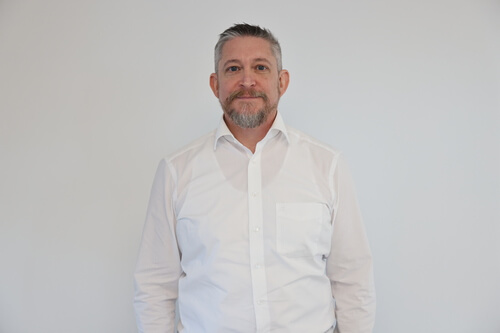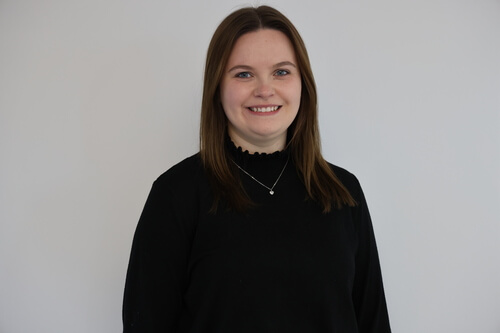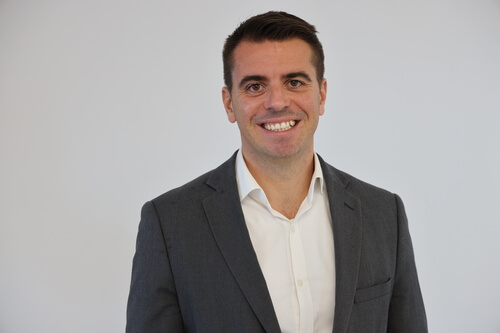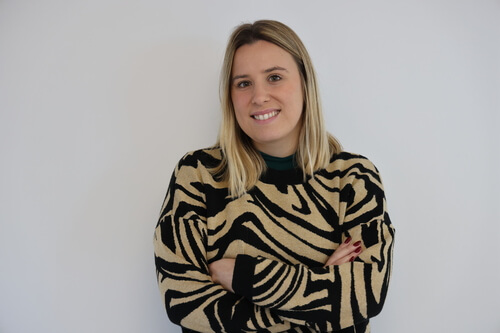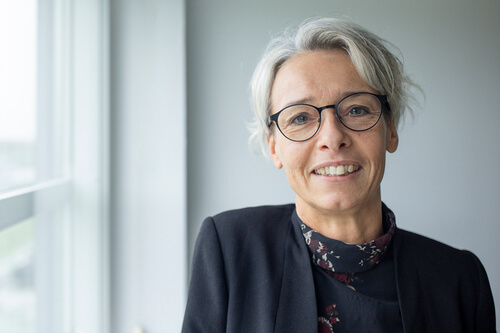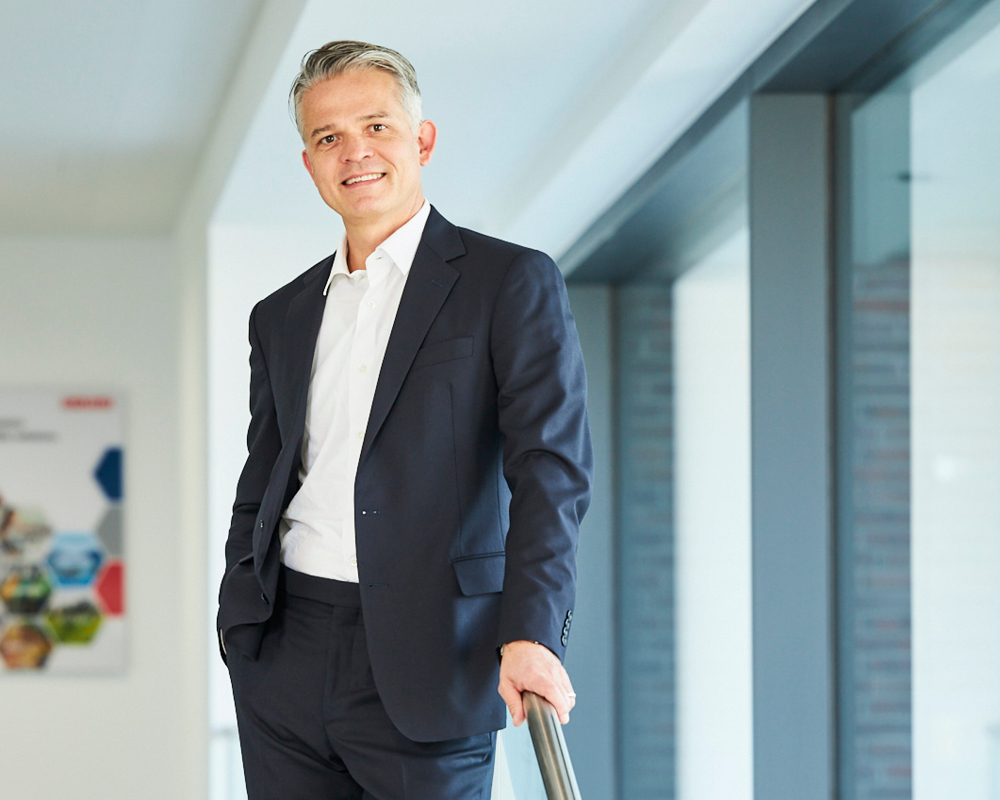Our Company Profile
SARIA is a leading service provider and manufacturer of quality products for the agricultural, energy, animal feed and pet food, food, catering and pharmaceutical industries. We are immensely proud that sustainability is at the core of all our business activities and has been part of our DNA for more than 50 years. Our business model is firmly grounded in the circular economy, converting products of animal origin and other organic substances into valuable input products for new purposes.
Every day, we collect, process and make (re)use of organic materials that would otherwise be considered “waste“, keeping valuable resources flowing in a cycle. Through seamless integration of the different divisions and business units within our Group, we have created intertwined value chains. This approach allows us to effectively exploit synergies and potentials of cooperation across our entire Group in order to provide our customers with high-quality products and services. At the same time, it helps us to conserve scarce natural resources and make a meaningful contribution to a healthy planet.
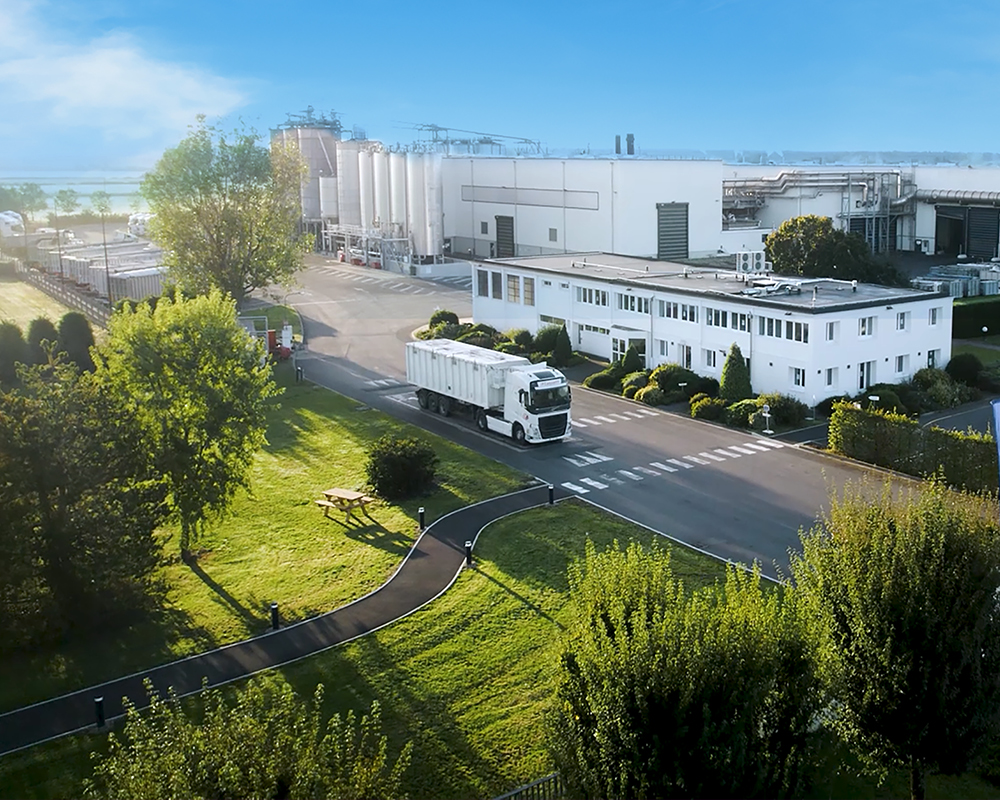
Sustainability as a Passion and Business Model
In our Organics2Power division – comprising the activities SecAnim, ReFood and ecoMotion – we create green energy, biofuels and nutrient-rich fertilizers from organic residues. In the face of climate change, global population growth and declining natural resources, this is our way of contributing to the development and use of more environmentally compatible energy and agricultural solutions.
At Sinova, we focus on healthy and sustainable nutrition for animals. SARVAL and Bioceval are specialized in the production of high-quality ingredients for the pet food, aquafeed and feed industry. Additionally, we supply organic materials for oleochemical and renewable energy markets worldwide, as we want to play our part in making a change in a world of limited resources.
Our Food & Pharma division with the vertically-integrated business units, Van Hessen and Bioiberica, creates value from animal-derived materials with different products for people, animals and plants. These include inter alia high-quality natural casings for the sausage industry, agricultural biostimulants and pharmaceutical ingredients.
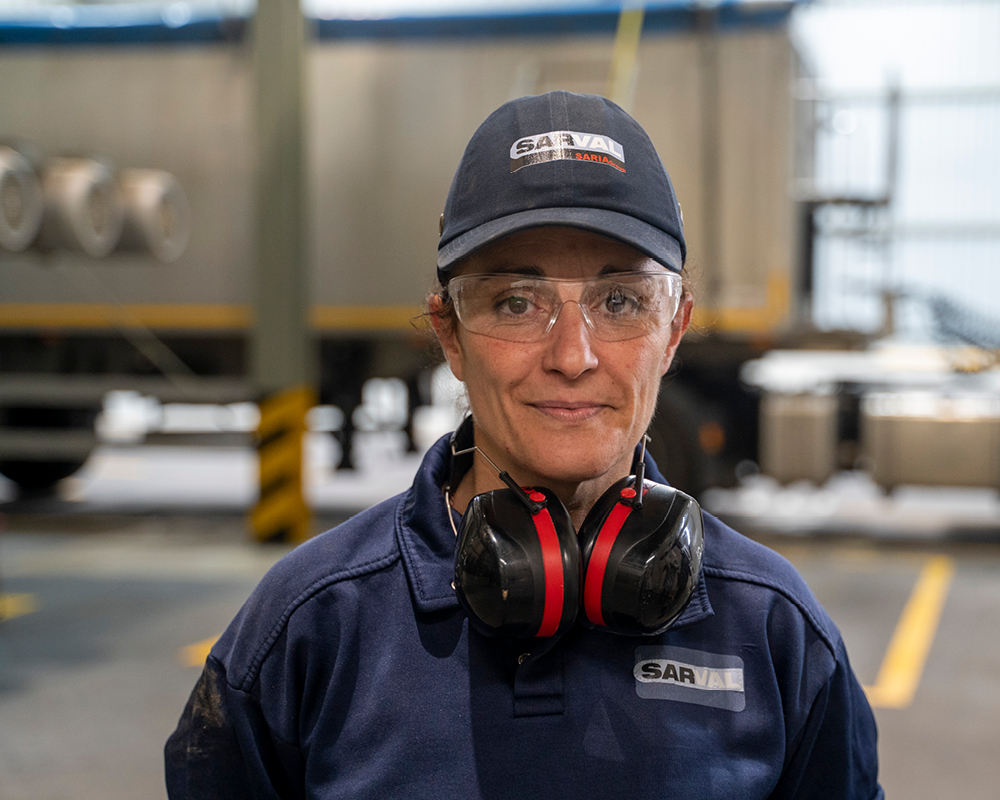
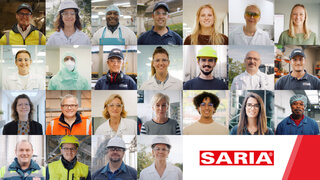
This is us: SARIA Corporate Video
Across these three divisions, we unite 10,500 employees and operate over 200 processing plants in 26 countries. While operating globally, we preserve our tradition as a family-owned business. All of our actions and decisions are based on our commitment to the same goal: Together towards a sustainable world and healthier living. To build a solid foundation for pursuing this aim, we have established the SARIA Framework , which defines the overarching purpose of our Group as well as our vision and mission. It is complemented by six business principles, which are intended to serve as guidelines for our day-to-day operations built on partnership – both internally and externally - and our dedication to sustainable development.
What Sustainability Means to Us
At SARIA, we pursue a holistic understanding of sustainability and are convinced that economic, social and environmental responsibility go hand and hand – with one dimension strengthening the other. As a family-owned business, we believe that it is our responsibility to not only pass on a viable business to the next generation, but also a world worth living in. Responsibility for future generations is not possible without being accountable to our internal and external stakeholders here and now.
Our viability as a successful business would not be possible without the dedication and passion of our employees. Providing them with a safe working environment is an absolute priority for us. We offer a wide range of development opportunities, as their individual progress also creates progress for us. However, we regard social responsibility as extending beyond our factory gates. We actively engage with our suppliers and other partners in the supply chain to prevent, detect and mitigate human rights violations and environmental hazards related to human rights risks. With our customers, we also forge relationships built on respect and trust. Their safety and satisfaction are of utmost importance to us, and we regard them as partners in our quest for continuous development. Overall, we know that the sustainable success of our business is not possible without values and principles, which is why compliance and integrity constitute the fundamental elements of our business conduct.
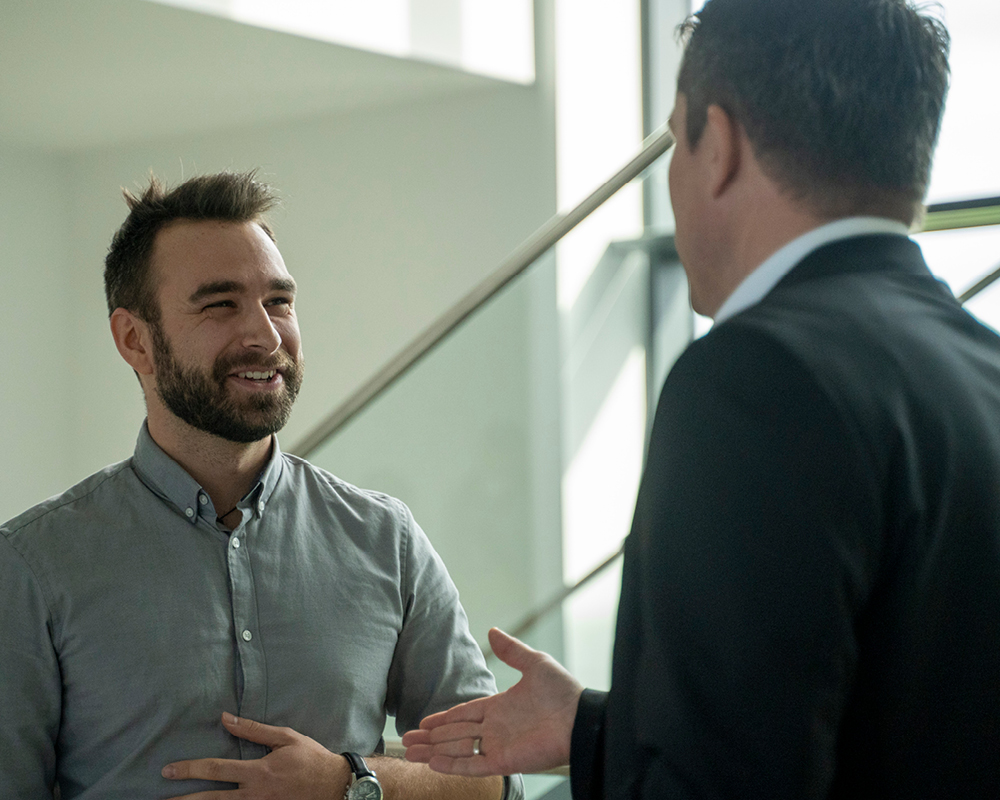
With a portfolio of customer-focused solutions, reliable services and high-quality products, we create value for our customers both upstream and downstream. This helps us to meet the financial responsibilities we have to a variety of stakeholders, such as shareholders, suppliers and financial partners. Therefore, we constantly develop our innovative potential and work hard to understand trends in the market and beyond.
Among the most important developments in recent years are the increasing requirements and expectations of many of our stakeholders in relation to climate and environmental protection. While our circular business model already makes a significant contribution to the ecological dimension, we have a larger understanding of what it entails. Reducing emissions, energy and water input and even odour and noise pollution are just some examples of what we do. In short, we want environmental sustainability to be an integral part of all our processes.
How we Manage Sustainability
As a global group characterized by diversity in terms of products and services as well as geographic locations, we take a well-balanced approach to our sustainability organization. In order to account for specific conditions and requirements resulting from the particular national and business context, we manage sustainability in our respective divisions and business units. While working hand in hand across national and divisional borders, this decentralized approach also allows us to engage our employees directly and to incorporate their specific local knowledge and business expertise into our sustainability strategies.
Complementing our decentralized approach, we have introduced centralized functions to ensure that synergies across our units are used, Group-wide standards are set where useful and networks are built. Created in 2021, our Group Sustainability function serves as a central point of contact and sparring partner for various internal and external stakeholders. It works closely with our units’ sustainability managers in order to coordinate and promote Group-wide sustainability activities. Regular exchanges with our sister companies, Rhenus and REMONDIS, offer further learning and synergy potentials. Moreover, Group Sustainability is responsible for sustainability reporting and manages the relations with important external partners, such as rating agencies and governmental authorities. To ensure alignment with the overall Group strategy, it reports directly to the responsible Executive Board member.
Our networking approach to link the Group and the divisional level thrives on our sustainability community that we have established over past years. It permits a direct link to and between the experts we have at our sites for issues such as health, safety and environment, as well as to a variety of other internal and external stakeholders.
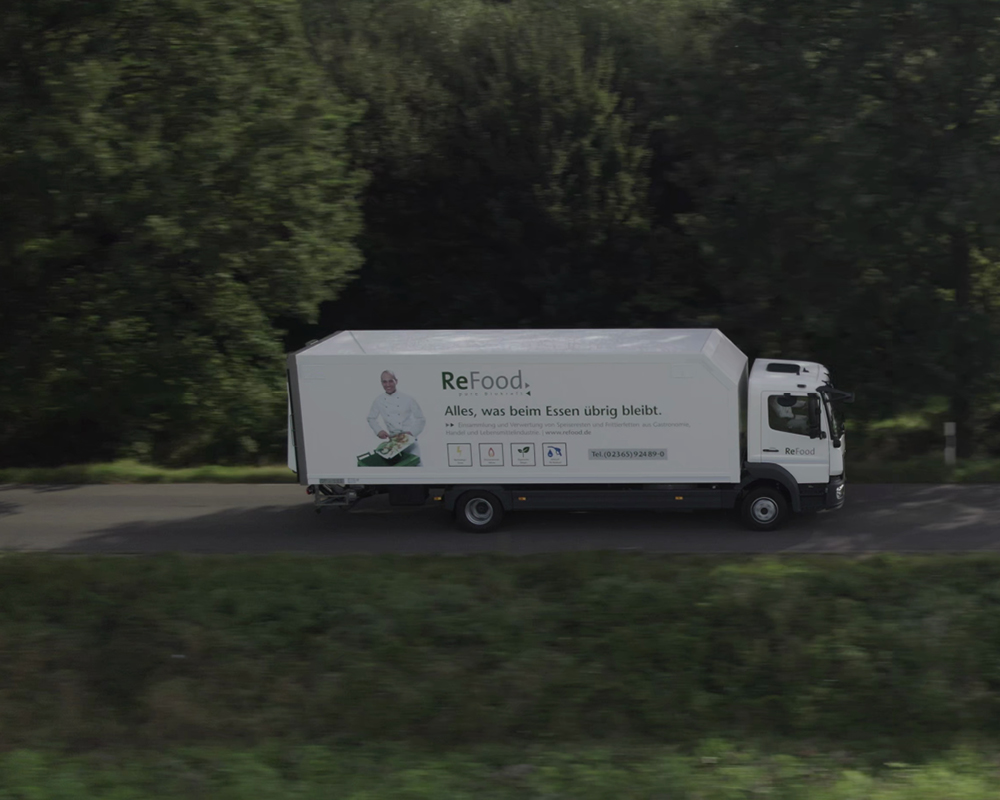
Our Sustainability Network

Identifying Material Topics
To us at SARIA, sustainability is a continuous learning process. While we are keen on doing things based on a plan, we find nothing wrong with progressing on a trial-and-error basis, when necessary, in particular because we operate in a complex and dynamic environment. One of the subjects on this learning curve is the identification of material topics. In recent years, we conducted a systematic materiality analysis to determine the crucial sustainability topics across our entire Group. However, as already announced in our last sustainability report, we have found that the importance of some of the individual topics identified is viewed very differently by our units and their stakeholders.
Realizing that “one matrix does not fit all”, we have decided to switch from a centralized to a decentralized approach when it comes to determining materiality. We want to ensure that our divisions and business units address the sustainability issues most salient to them in the best possible way. To foster exchange and mutual learning, we have started to extend topic-specific networking across our individual units. Because what we have experienced along our learning journey is that we can make the biggest impact when we carefully balance activities and initiatives at Group level with those at the level of our divisions.
